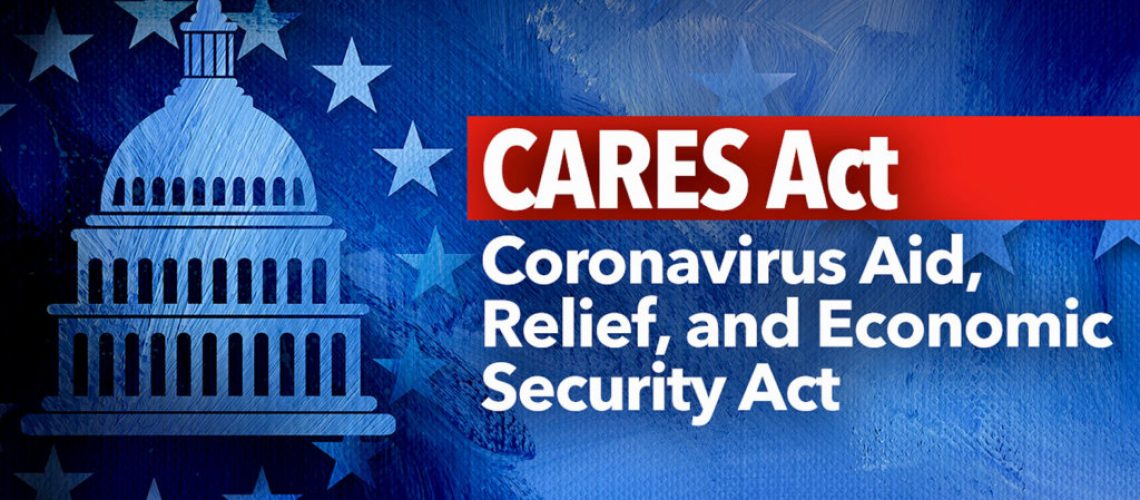As part of the Coronavirus relief provisions, Congress enacted several provisions that open the door for amendment of 2018 returns and carryback of losses to tax years as far back as 2013.
There are four (4) issues that fall into this category:
- Revising classification of Qualified Leasehold Improvements;
- Relaxation of the limitation on business interest deductions;
- Removal of the limitation on the deduction of business losses by individuals; and
- Carryback of Net Operating Losses by “C” corporations and Individuals to the prior five (5) years to recoup taxes paid in those years.
The change for Qualified Leasehold Improvements, known as the “Retail Fix”, allows a change in the life assigned for depreciation from 39 years that was required due to failure to extend prior law under the 2017 tax act provisions to 15 years. This opens the door to immediate expensing of such improvements that were previously barred, due to the 39 year classification. Improvements made under a lease by either the tenant or the landlord, PROVIDED they are NOT related parties, other than structural components of the building involved, for retailers, restaurants and other businesses is retroactively restored beginning on January 1, 2018.
Under the provision limiting interest deductions for businesses of all types, the existing limit of 30% of income as a “cap” on such deductions is raised to 50%, again retroactive to January 1, 2018.
Beginning in 2018, individuals who claimed an overall net loss from business operations (after netting of business income against business losses within their returns, could not claim a loss in excess of $ 500,000 on a joint return ($ 250,000 for a single return) – known as the “Excess Loss Amount” adjustment (or noted as “ELA” in returns). Returns filed for 2018 that were subject to this limitation may now be amended to claim the disallowed losses, which may either result in or increase a Net Operating Loss for the 2018 tax year.
Finally, for taxpayers that suffered losses (or generate losses for 2019 or 2020) that qualify as Net Operating Losses (NOLs), those losses must be carried back five (5) years and applied to reduce any taxable income in that year. If the NOL is not fully absorbed in that earliest year, it moves forward, in order, to each of the following four (4) years until either the loss or the available income to absorb the loss is exhausted. Alternatively, the taxpayer may elect to forego ALL of the carryback period (an all or nothing election). As only “C” corporations or individuals actually pay taxes on their income, this provision only applies to them.
KNS is working to identify those of our clients potentially able to avail themselves of these tax beneficial changes and may be contacting you to discuss whether we believe you should use these options.
If you have any questions, please call our office and we’ll arrange for someone from our Tax Department to contact you to discuss your concerns.
Please stay healthy, safe, and sane!
Mark H. Misselbeck, C.P.A., M.S.T. is a Tax Principal at Katz, Nannis + Solomon, P.C. If you have any questions or would like to speak with one of our tax professionals, please contact our office at 781-453-8700.

